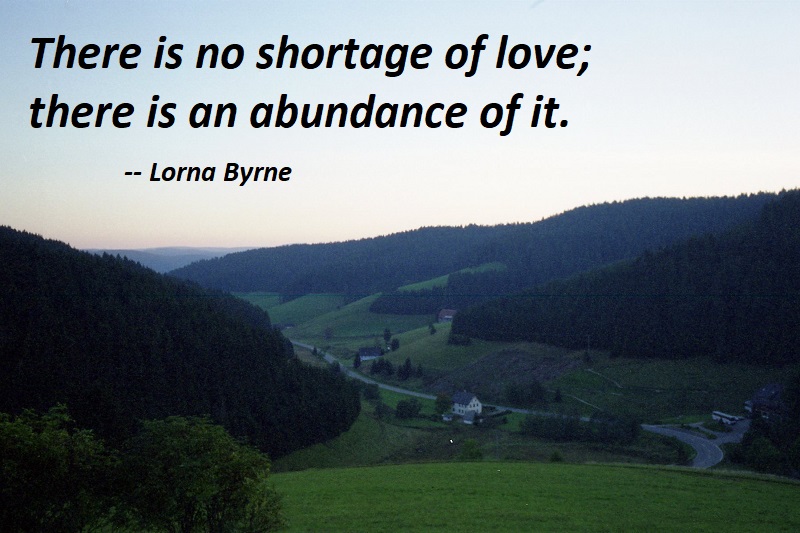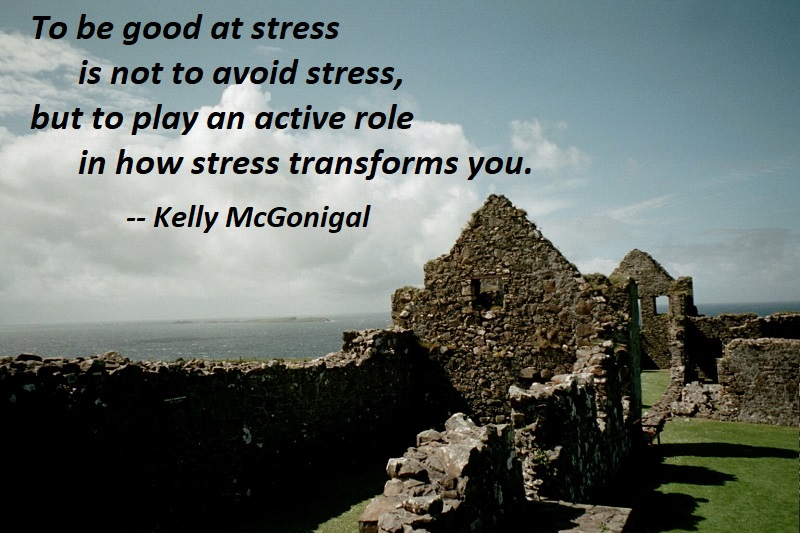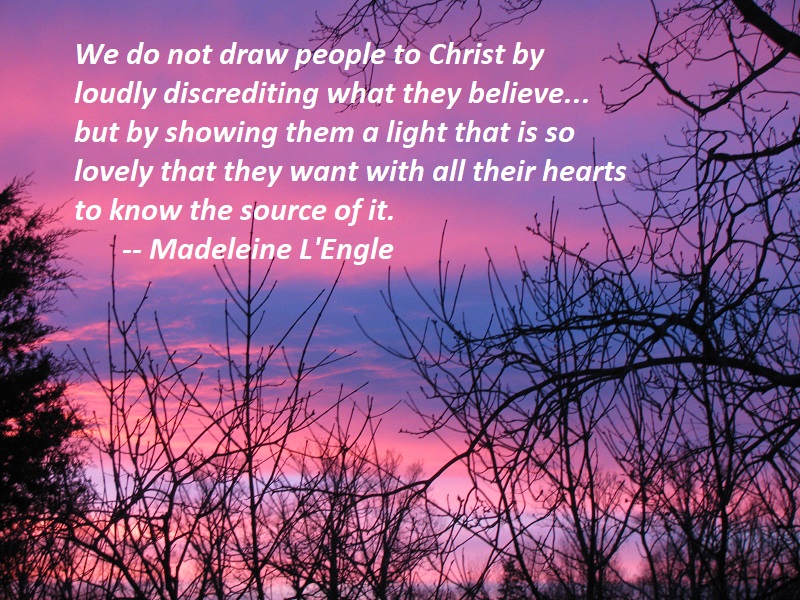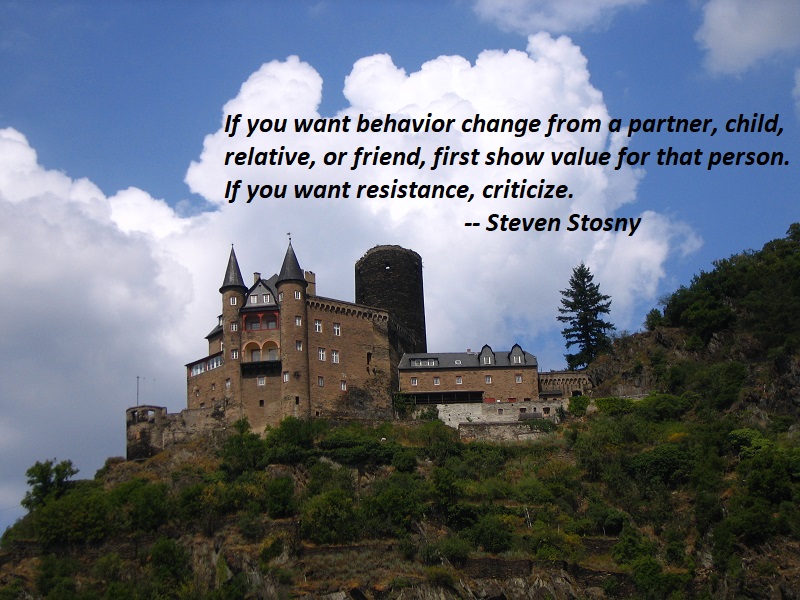It’s All About Connection.
We communicate well with our intimate partners when we feel connected and poorly when we don’t. When you feel connected again, your desire to explore feelings with your partner will practically vanish. It’s a great combination: He’ll be able to do more of it, you’ll want less of it, and you’ll meet in the middle.
The bottom line is, think connection, not communication. Then you won’t shame him and he won’t make you afraid. Nor will he drive you away. Instead, he’ll fall back in love with you long before you walk out the door.
— Patricia Love and Steven Stosny, How to Improve Your Marriage Without Talking About It, p. 64
[Photo: Longwood Gardens, Pennsylvania, March 17, 2012]






